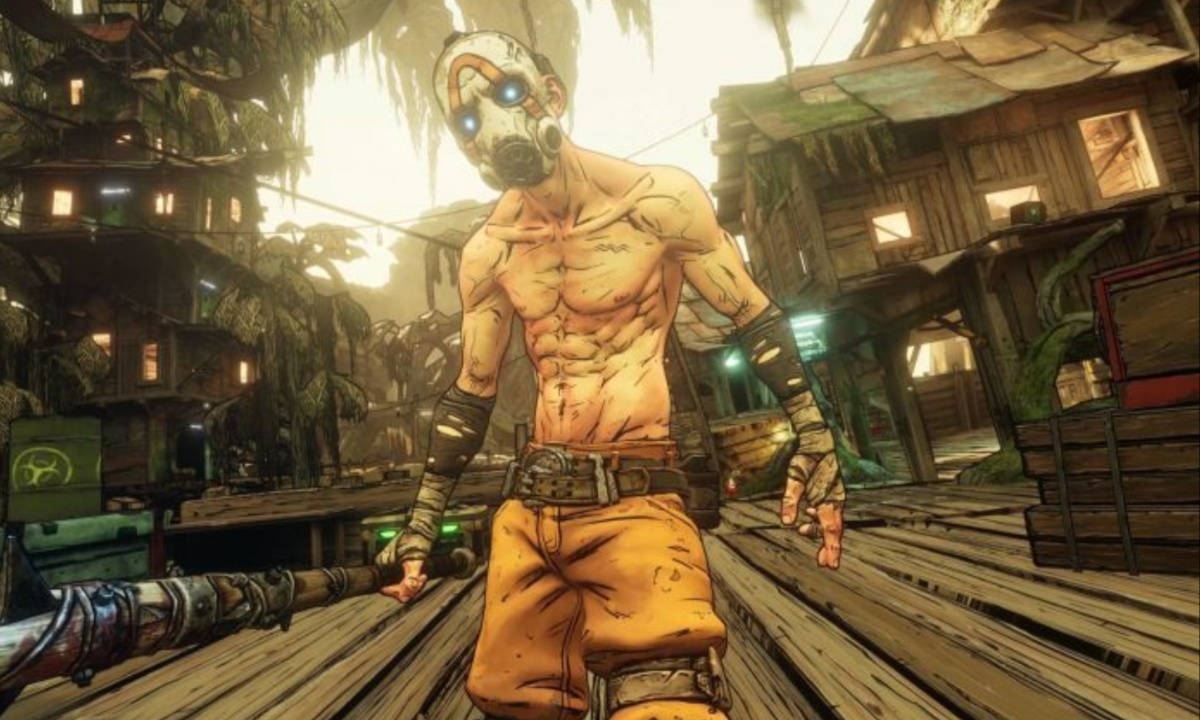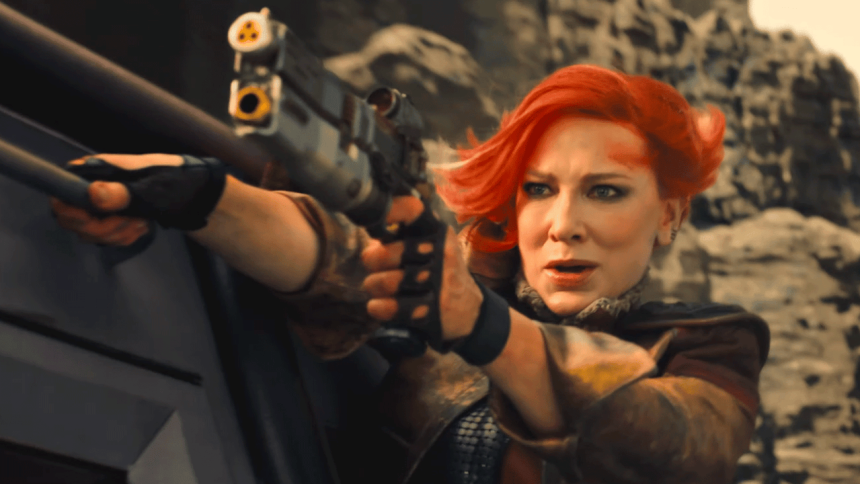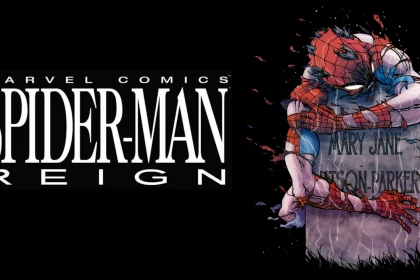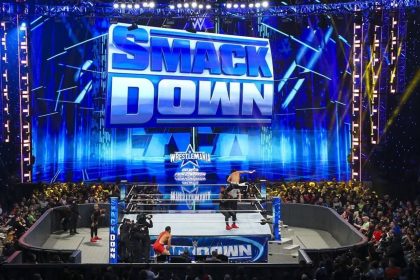The Borderlands movie, adapted from the popular game series, failed both critically and commercially, with Take-Two CEO Strauss Zelnick describing it as “disappointing.” However, despite its lackluster reception, the film still boosted sales of older Borderlands games, showing a positive side effect for the franchise.
Zelnick acknowledged the outcome wasn’t ideal but noted that Take-Two avoided financial losses due to its selective approach to licensing intellectual property. This strategy allows Take-Two to benefit from film adaptations when possible while reducing the risks involved in projects beyond their direct control.
Zelnick explained that Take-Two remains cautious about licensing its franchises, as outcomes in the film industry are often unpredictable. By prioritizing careful selection of media deals, the company aims to safeguard its brand.
The BioShock movie, for example, is currently in development and represents another calculated venture into film. While Zelnick expressed a preference for direct control over Take-Two’s properties, he reiterated that the company would still pursue external licensing if the potential benefits were clear and aligned with its broader goals.
The Borderlands movie, which had a $90 million budget, received poor reviews and was briefly surpassed by another low-rated release, the Crow reboot, as the worst-reviewed movie of the summer.

Shortly after the film’s release, Gearbox announced Borderlands 4, a move fans humorously attributed to series head Randy Pitchford’s “big brain move.” The timing suggests Take-Two and Gearbox may have used the announcement to steer the franchise’s focus back to gaming, keeping fans engaged with the brand despite the film’s underwhelming performance.
In its latest financial report, Take-Two also highlighted plans for upcoming game releases, specifically noting Borderlands 4, set to launch within the fiscal year 2026, which ends on March 31, 2026. Although the game’s teaser initially promised a 2025 release, Zelnick stated the company wants to avoid “stacking up huge releases,” especially with Grand Theft Auto 6 scheduled for fall 2025. By spacing out these major releases, Take-Two aims to give each title its own moment to shine, rather than risking market overcrowding.
Ultimately, the Borderlands movie’s mixed results reflect Take-Two’s cautious stance on adapting its games to film. The company sees the experience as a learning opportunity, refining its approach to future projects like the BioShock adaptation. Zelnick’s comments underscore Take-Two’s commitment to balancing strategic licensing with brand protection, aiming to expand its franchises while carefully managing both risk and reward.






